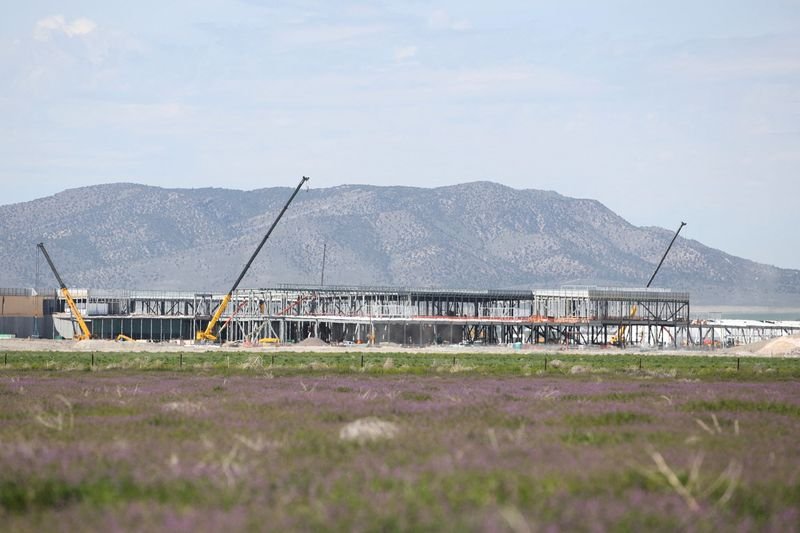
Larsen & Toubro (L&T) chairman SN Subrahmanyan has caused a storm with his recent proposal advocating a 90-hour work week, including Sundays, to maintain competitiveness.
The controversial suggestion comes amid growing concerns about the dangers of overwork, highlighted by the tragic death of 26-year-old EY employee Anna Sebastian Perayil last year.
He reportedly succumbed to the pressures of long hours, just four months into his job.
Globally, working hours vary widely, with Bhutan topping the list of countries with the longest weekly hours. According to the International Labor Organization (ILO), Bhutanese employees work an average of 54.4 hours per week, followed by the United Arab Emirates at 50.9 hours and Lesotho at 50.4 hours.
In stark contrast, Vanuatu has become the country with the shortest working week, with employees working an average of just 24.7 hours per week. Only 4% of Vanuatu’s workforce works more than 49 hours per week, reflecting a stark contrast to the global trend.
Source: Database of Wages and Working Time Statistics (COND), ILOSTAT
Other countries with the lowest working hours include Kiribati (27.3 hours), Micronesia (30.4 hours) and the Netherlands (31.6 hours), known for their progressive work-life balance policies.
India, ranked 13th among the world’s busiest countries, sees its workforce log an average of 46.7 hours per week. More than 51% of Indian employees work 49 hours or more per week, placing the nation second globally in long working hours.
A survey by MediBuddy and CII found that 62% of Indian employees experience burnout, three times the global average of 20%.
The debate over excessive working hours has reignited concerns about productivity, health and work-life balance. Research by the World Health Organization (WHO) and the ILO identifies long hours as the main occupational risk factor, contributing significantly to illness and premature death.
These findings challenge the idea that more hours lead to greater output.
While Subrahmanyan’s comments have drawn backlash, they underscore the ongoing tension between economic ambitions and employee welfare.








